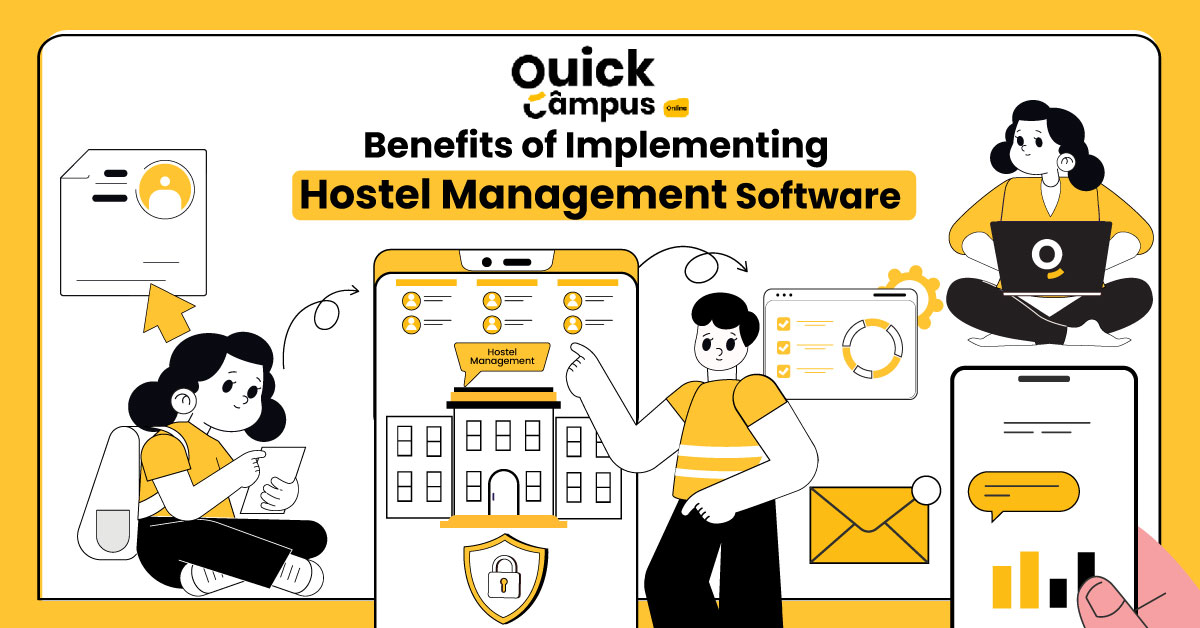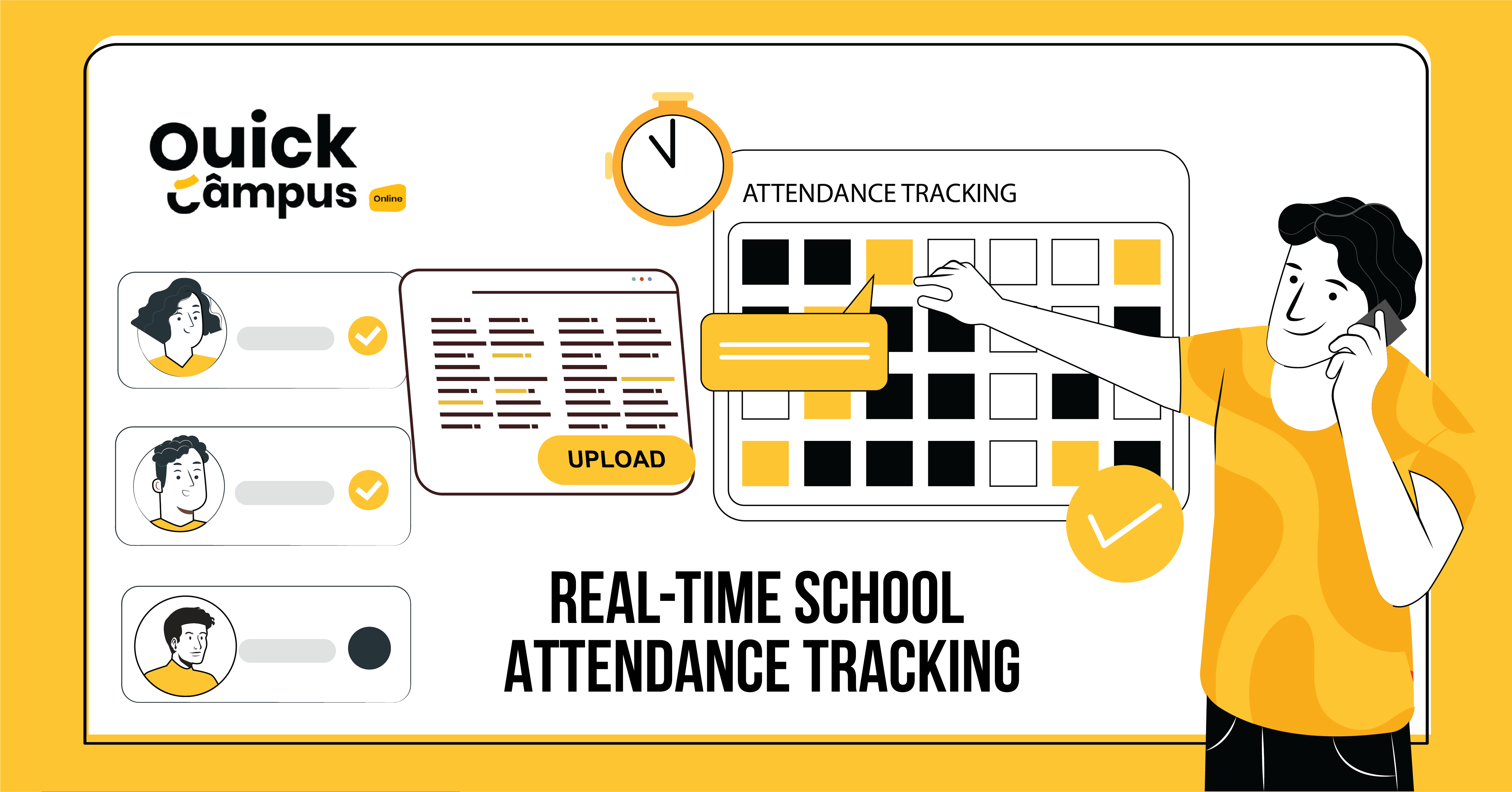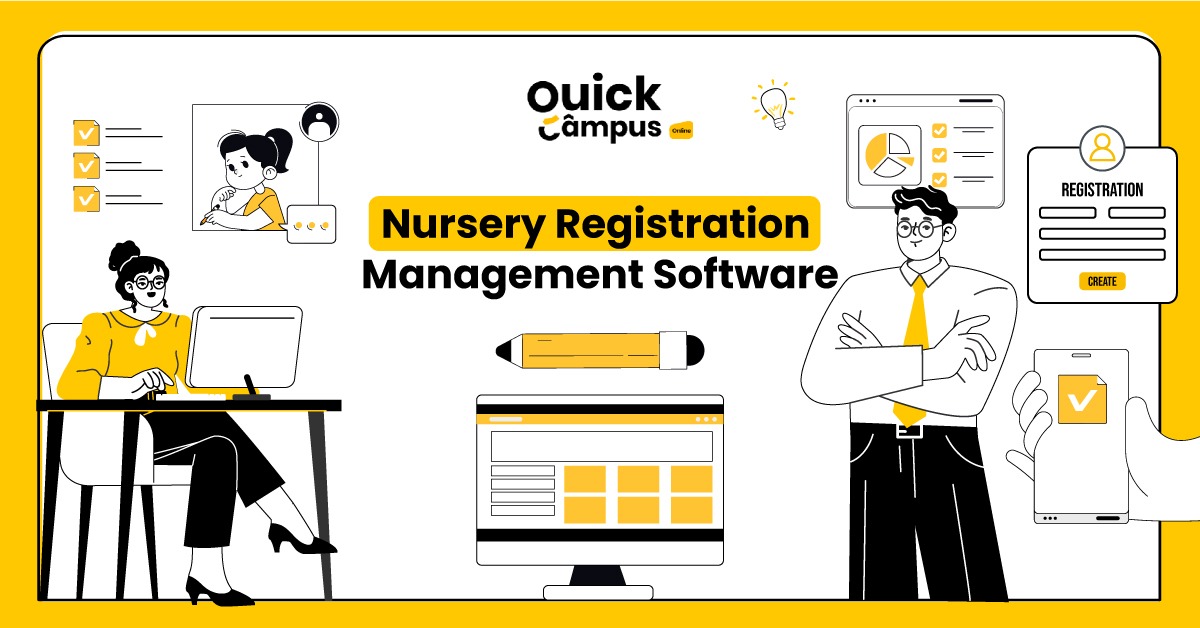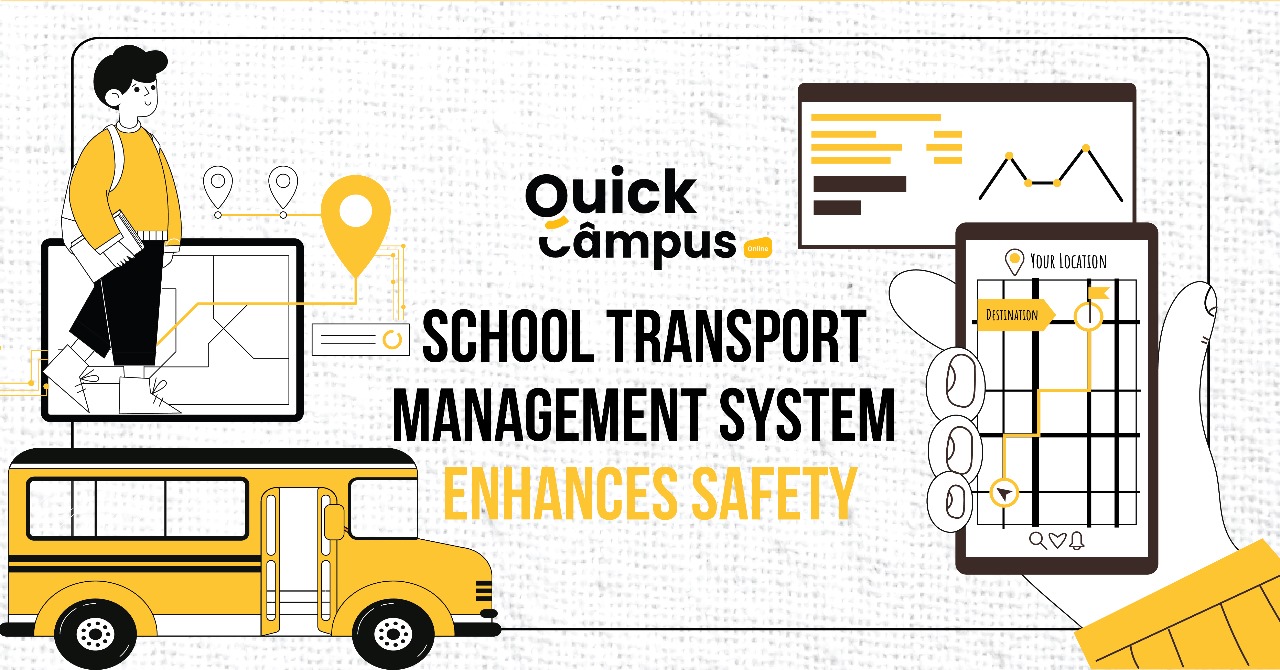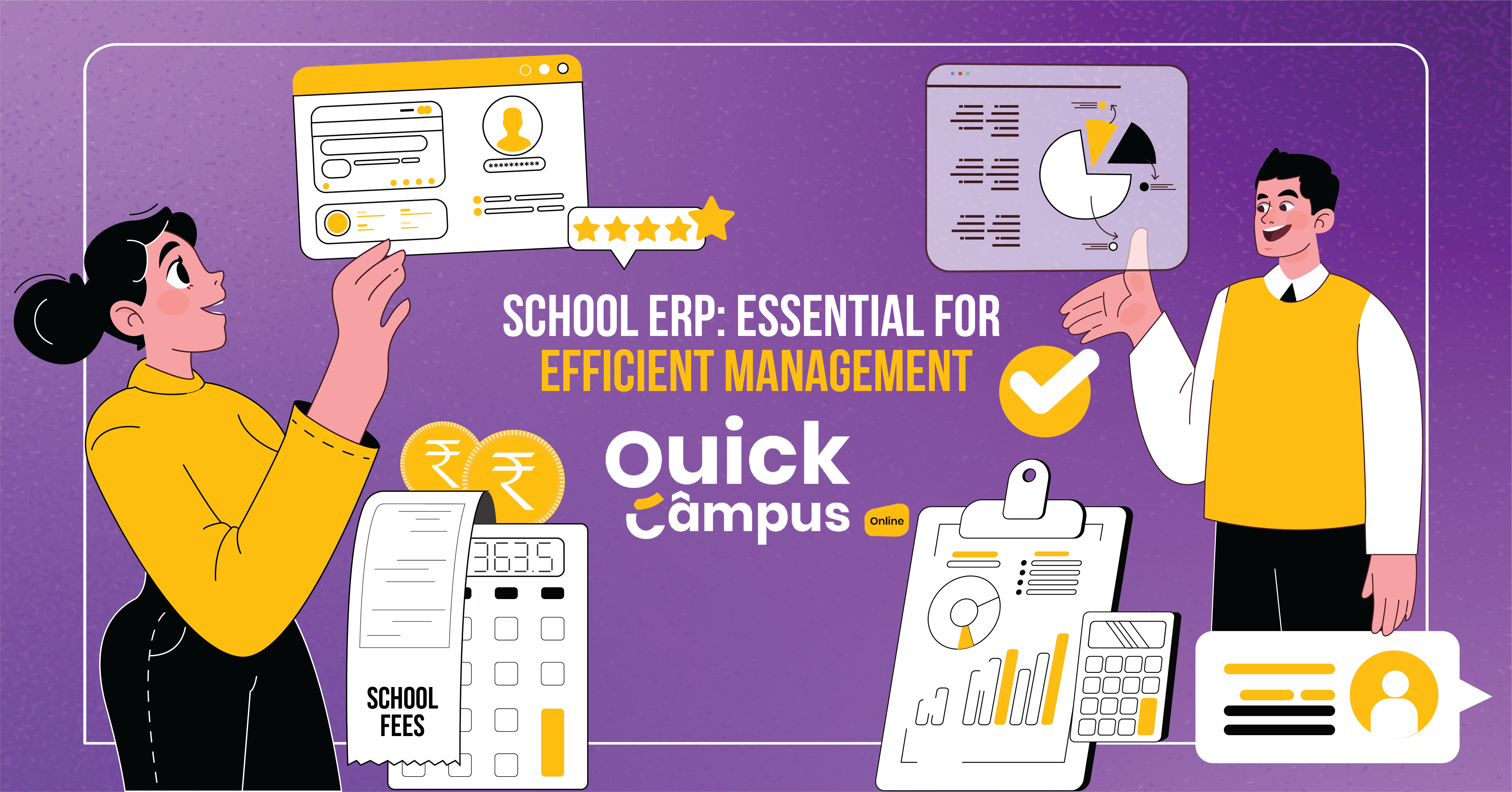Growth Mindset Strategies For Students
In the changing landscape of the education system, nurturing a growth mindset at the early stage of education in schools is very primary. Embracing a growth mindset involves inculcating a belief in students that intelligence and abilities can be nurtured and evolved through dedication, consistency, and commitment. This cultivates a sense of adaptability, resilience, and lifelong learning among students.
Understanding What Exactly Is Growth Mindset
A Growth Mindset culture signifies that Intelligence is not static but can be nurtured and adaptable. In the classroom, encouraging this system is where students learn that their abilities can be improved or new ones can be adorned with time and perseverance.
Teachers can help instill a Growth Mindset in students by providing constructive feedback, praising their innate talents, encouraging discoveries, and providing scope for new opportunities.
Implementing Growth Mindset Strategies
Let’s learn a few growth mindset strategies that teachers can implement in the classrooms:-
1. Promote Effort Over Outcome
- Shall encourage and divert the focus of students to the individual progress and process rather than the result.
- Praise the efforts, persistence, and strategies used to solve problems.
- Making them understand that mistakes and setbacks are part of the learning journey.
2. Set Realistic Expectations
- Shall believe that every student has a unique potential to succeed.
- Challenge students with tasks that stretch their abilities but are attainable with effort.
- Provide aid and tools that help them reach higher levels of achievement.
3. Use The Word “Yet”
- Try to change the tone of Language to use “yet” to teach them that skills and abilities can be developed over time with consistency.
- Teachers also should use positive affirmations to inculcate a growth mindset. For example, “I can’t” can be used positively as “I can’t yet.”
4. Encourage Risk-Taking
- Creating a conducive and supportive environment that is comfortable to instill risk-taking ability yet allows scope to make mistakes.
- Allow students to step out of their comfort zones, and try new methods and ways of learning.
5. Fostering A Growth Mindset Culture
- Make the class culture progressive to accept that mistakes are a natural way of learning
- Incorporate growth mindset language and principles in regular classroom discussions and activities.
- Highlight examples of growth mindset like discussing famous failures and lessons learned from them.
6. Constructive Feedback
- Provide actionable feedback that focuses on the procedure rather than the person.
- Encourage students to accept and see feedback as an opportunity for growth and improvement.
- Provide Growth-oriented Feedback like the language. Instead of giving feedback like “ You are great in this” it can be said like “ I can see your hard work and you are progressing well”.
7. Teach Metacognitive Skills
- Encourage students to develop reflective thinking processes, identify areas of challenges and improvement, learn strategies, or even change strategies as per goals.
- Encourage students to set realistic Goals, and break bigger Goals into smaller portions that instill planning and execution skills.
8. Encourage Collaboration And Peer Support
- Conduct group activities that enable students to learn from and support each other.
- Cheer up the students to accept peer feedback and constructive criticism enabling them to learn from diverse perspectives.
- Foster a teamwork environment, collaborative learning, and collective problem-solving.
9. Create Growth Opportunities
- Design and structure unique learning modules that help students with different interests, abilities, and learning styles.
- Despite being out of their comfort zone, push the students to pursue their passions and interests.
Hoist an environment for self-learning and exploration.
10. Celebrate Growth and Progress
- No matter how small or big a student progresses, recognize and celebrate it.
- Highlight examples of Life Stories of personalities who have achieved success through perseverance, resilience, and a growth mindset in action.
- Create a culture where effort and improvement are recognized and valued rather than achievement.
Effective implementation of growth mindset principles/strategies to instill and develop growth mindset in students requires a combined and collaborative effort from teachers, Instructors, administrative staff, and parents alike. Professional training and capacity building programme for teachers and instructors equip them with valuable insights and strategies for instilling growth mindset principles into their instructional practices.
Cultivate A Culture Of Growth And Resilience
To sum up, building a growth mindset culture in schools is crucial for the aspiring next generation to survive in today’s dynamic world. As we continue to prioritize lifelong learning and personal growth in education, cultivating a culture of growth remains paramount in preparing students for success by implementing learning Management Solutions in school.
How Can Teachers Promote A Growth Mindset In The Classroom?
Teachers play a crucial role in fostering a growth mindset among students by emphasizing the value of effort and persistence. They can focus on praising students for their hard work and strategies used to solve problems, rather than just the final results. Additionally, teachers can use language that reinforces growth-oriented thinking, such as incorporating the word “yet” when students face challenges.
What Role Do Parents Play In Fostering A Growth Mindset In Children?
Parents have a significant influence on their children’s mindset and approach to learning. By modeling a growth mindset themselves, parents can demonstrate how to handle challenges and setbacks with resilience and perseverance. Encouraging children to focus on effort rather than innate ability helps them understand that hard work and dedication lead to progress.
How Can Schools Create A Growth Mindset Culture?
Schools can cultivate a growth mindset culture by emphasizing the importance of continuous learning and personal growth. This can be achieved by celebrating students’ progress and achievements, no matter how small, and sharing stories of individuals who have overcome challenges through perseverance and resilience.

